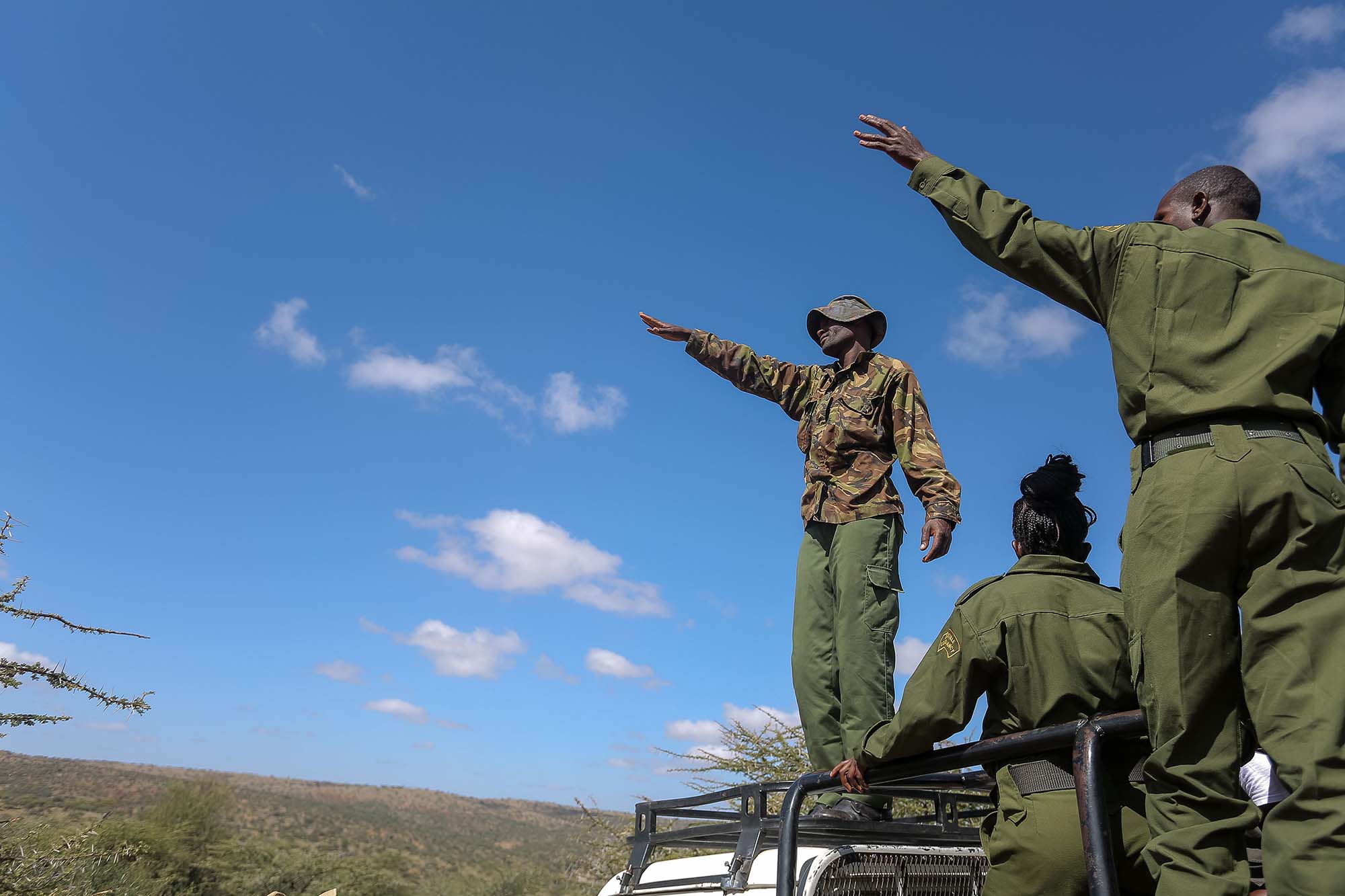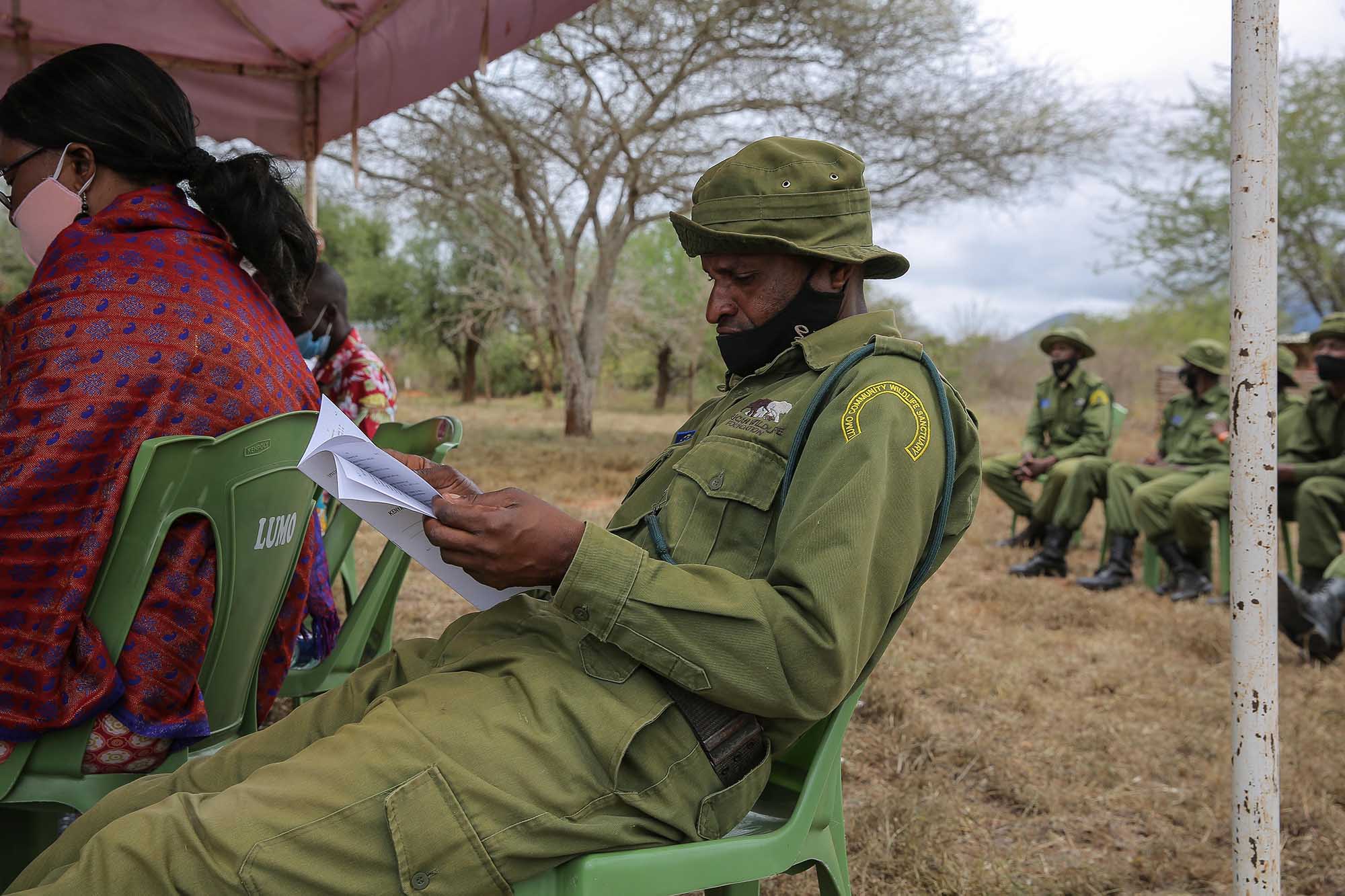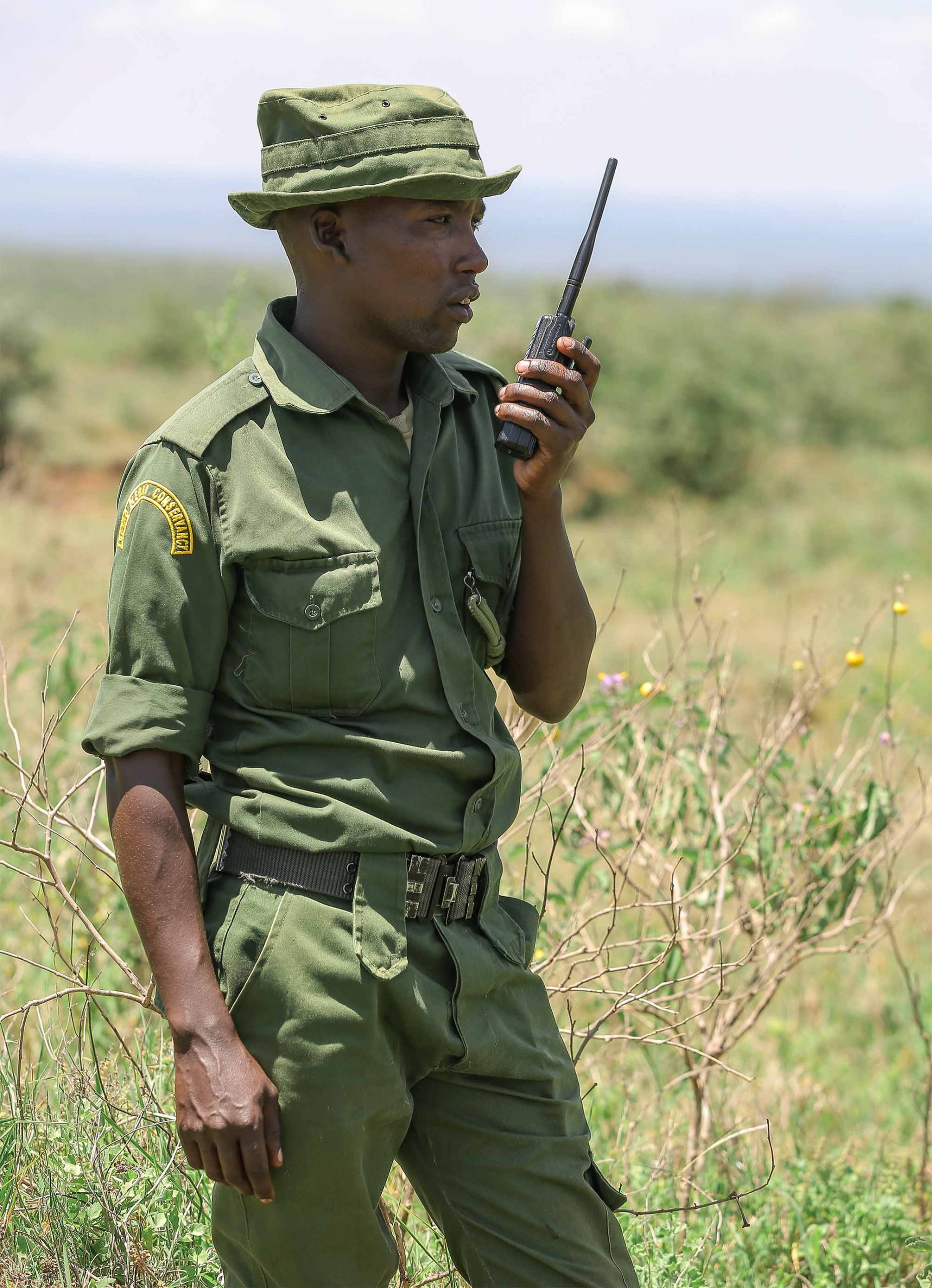Standardizing conservancy rangers operations and procedures is key to professionalizing their career and developing progressive best practices in their activities.
The program’s focus is to deliver a standard operating procedure that will highlight clarities about the responsibilities, mandates, obligations, and powers of a wildlife conservancy ranger working in a conservancy. The program is in effect to provide a clear standard of service for a Wildlife Conservancy Ranger or wildlife scout.
The standard operating procedures intends to provide a clear system for implementation of activities and operations, while ensuring high quality service, professionalism, non-discriminatory, respect for human rights and efficient performance of duties while promoting conservancies as viable land use option.
Moving forward, the programme intends to provide clarifications on national laws and international standards of best practices of a conservancy ranger while guiding expectations, attitudes, behaviours, and activities.
A Standard Operating Procedures for Wildlife Scouts in Kenya handbook and a Human Rights Manual for conservancy leaders and managers have been developed to aid in the implementation of this program.


